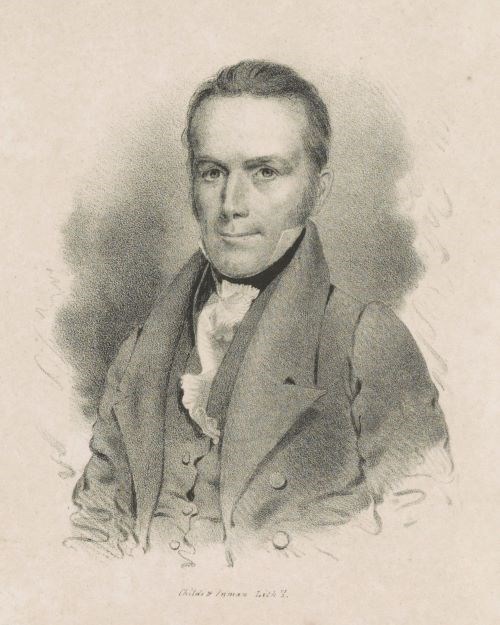
Library of Congress The Federalists, which was the political party of George Washington and Alexander Hamilton, opposed the war. The Republican party of Thomas Jefferson, forerunners of today’s Democrats, generally supported the idea. When the United States finally declared war on Great Britain in June 1812, it was the narrowest vote for war in the history of Congress. All the Federalists voted against the war bill, and so did some Republicans. The United States was unprepared, under-financed, and threatened by secession and open acts of treason. The pro-war Baltimore riots of June 22, 1812, only four days after war had been declared, further showed how polarized the American people were over the war. A Federalist-led antiwar movement continued throughout the conflict. In Congress, the Federalists consistently voted against financial support for the war. Federalist opposition was popular in many areas during the war, but not after. The Federalist party was painted as too elitist and pro-British for the growing democratic feeling of post-war United States. The War of 1812 spelled the end of the Federalist party as political parties realigned after the war. However, the multi-party democracy had survived the challenge of foreign invasion. Read more about the consequences of the War of 1812 for the young republic. |
Last updated: June 4, 2020
